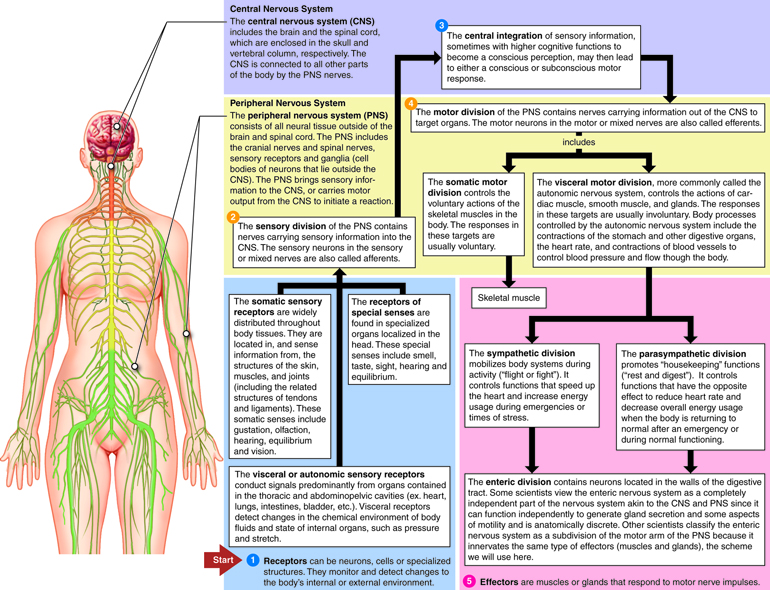Overtraining in athletes is a common issue that can lead to a decline in performance and even serious health consequences. While there are many signs of overtraining, recognising them early on is key to preventing any long-term damage. In this post, we’ll take a look at some of the most common symptoms of overtraining and offer tips for avoiding it. Stay safe and perform your best by keeping an eye out for these red flags!
What Is CNS Fatigue?After any strenuous exercise, fatigue sets in. When we recognise our fatigue, we, at times, push ourselves harder and train more. A constant state of overtraining, however, can lead to a very serious condition called central nervous system (CNS) fatigue.
CNS fatigue is when overexertion wears out the nervous system. It’s characterised by the decreased performance of the brain area in charge of voluntary movement.
Among the leading causes of CNS fatigue is overtraining, although inadequate sleep and poor nutrition can also contribute to this condition. CNS fatigue is the inability to signal your muscles that it is time for exercise, which can significantly hinder your workout routine.
As a result of CNS fatigue, muscle activation declines, which means muscle growth is more difficult since you are not exercising at your maximum potential. Hence, exercising with a highly fatigued central nervous system is not the best way to build muscle mass.
Overtraining and CNS FatigueYou can think of overtraining as a condition that precedes CNS fatigue. When your training load surpasses your body’s capacity to recover and replenish, you become overtrained. Most of the time, it can be treated with rest and adequate nutrition over a few days.
Meanwhile, CNS fatigue manifests itself in a complex physical manner due to overtraining. It can halt muscle development, causing you to hit a fitness plateau. With CNS fatigue, the ability to move and perform is impaired.
With CNS fatigue, the ability to move and perform is impaired.
Some tiredness can be expected from time to time. However, fatigue builds when the body is unable to successfully recover. You may experience extreme exhaustion when you’re overtrained, particularly after or during exercise.
2. Workouts seem more challengingWith overtraining, your workouts may seem harder, and you may have to put more effort into them. As a result, you may feel you are exerting more effort than usual while unable to reach your personal best times or weights
3. Performance declinePerformance can stagnate or decline if you overtrain. You might notice very little improvement although you are training consistently. You might have diminished strength, stamina and agility, making achieving your training goals more challenging.
4. Muscle sorenessA sore muscle that persists for a day or two after a workout is normal.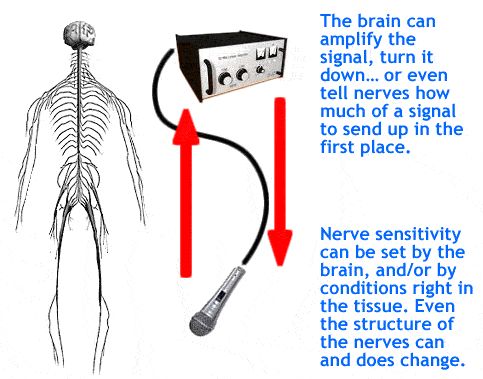 However, if you are still sore after 72 hours, you should schedule a rest period. An extended period of soreness is an indication that your muscles have not recovered, which can negatively affect your efforts to build muscle. One of the causes of poor muscle recovery and growth is overtraining.
However, if you are still sore after 72 hours, you should schedule a rest period. An extended period of soreness is an indication that your muscles have not recovered, which can negatively affect your efforts to build muscle. One of the causes of poor muscle recovery and growth is overtraining.
Exercise leads to inflammation. Without a healing period, there is a greater chance you’ll experience injury, constant aches and dull pain.
6. IrritabilityAre you feeling overstressed, overwhelmed, moody, sad or depressed? Overtraining is a common cause of these symptoms. When you’re overtrained, your mental health typically suffers. You may begin to get irritated by the little things. You may grow frustrated and annoyed without even knowing why.
7. Poor sleepOvertraining can lead to higher levels of stress hormones. It can be challenging to relax at bedtime when your hormones are out of whack. Consequently, you lose out on the crucial rest, repair and restoration time your body requires during sleep.
Consequently, you lose out on the crucial rest, repair and restoration time your body requires during sleep.
Sometimes, feeling unwell is your body’s way of communicating that your immune system is weak from overtraining. Excessive training adds extra stress on the body and makes it harder to fight infections. Your immunity is then lowered, making you more susceptible to illnesses. Reducing workout time is thus necessary, as pushing yourself through illness can exacerbate the situation.
9. Eating too littleThere’s a link between undereating and overtraining. While working out typically increases appetite, excessively doing rigorous, intense workouts may result in hormonal imbalances that can affect your hunger. With overtraining, you not only experience exhaustion but also reduced appetite.
10. Motivational slumpIt’s common to skip a workout from time to time. However, if you’re generally passionate about fitness, but then start losing interest, chances are you’re overworking yourself. If you feel more apprehensive than excited at the thought of working out, this is a telling sign of overtraining. Whenever exercise no longer feels fun, take it as a sign from your body that you need to slow down and decrease your workouts.
If you feel more apprehensive than excited at the thought of working out, this is a telling sign of overtraining. Whenever exercise no longer feels fun, take it as a sign from your body that you need to slow down and decrease your workouts.
There are overlaps between signs of CNS fatigue and signs of overtraining. The difference is you’re more likely to experience flu-like symptoms with the former. Here are some of the CNS fatigue signs you have to watch out for:
Make your training less monotonous. Plan active rest days that include low-impact exercises like jogging, yoga and swimming. Switching up your exercises strengthens your entire body.
Switching up your exercises strengthens your entire body.
Avoid abrupt increases in workout times or intensities. Give your body time to recover by implementing gradual increases.
Train with appropriate rest periods. Give yourself regular breaks after tough workouts.
Reduce your stress levels. Meditate or practise yoga to relax.
Get 7-8 hours of sleep each night. The more intense your training becomes, the more time you need to sleep.
Stay fuelled. Make sure you eat plenty of carbohydrates, protein and healthy fats in addition to fresh fruits and vegetables.
Take heed of your body’s signals. A tired, sore and cranky body indicates something is wrong. Take a break for a little while, and you’ll return healthier, stronger and more fulfilled.
To prevent overtraining and CNS fatigue, keep recovery at the forefront of your fitness regimen. You should also get proper nutrition, sleep well and incorporate various exercises into your routine.
If you’re looking for a training programme unique to your fitness level, needs and goals, consider reaching out to VH&F’s Personal Trainers. Our team offers expert guidance and 24/7 support. Contact us now to learn more.
| 4/7/2021 12 Comments
A central tool to any powerlifter, strongman, Olympic lifter, or strength focused athlete is their central nervous system or more commonly referred to as their CNS. For instance, in powerlifting, their is different mesocycles a powerlifter may implement in their training program to encourage a certain response from their body. For instance, a hypertrophy cycle allows the powerlifter to gain much needed muscle on their frame which will in turn result in an increased ability to move a greater load. In preparation for competition, the powerlifter will begin to peak which is essentially just a fine tuning of the Central Nervous System to act in coordination with the newly built muscle. Depending on programming, experience, and recovery, a person will accumulate and manage fatigue differently. I have provided a list of symptoms I see in my athletes when their nervous system is on the verge of overextension, which include the following. 1. Sleep - An individual who's nervous system has taken a hit will usually feel like they can never catch up on sleep. On the other hand, an individual who has absolutely ransacked their nervous system will likely have issues sleeping at all. If either of these symptoms present themselves, it is time to reduce load and intensity to allow your CNS to rebound. If any or all these symptoms are present you may be experiencing an overextended nervous system. So what do we do to fix that. 1. Rest- Sleep is paramount. The CNS repairs itself during REM sleep so getting to sleep and staying asleep for a full 8 Hours can make managing fatigue easier. This is just a small list of things I have seen in my experience as a coach. 12 Comments | Categories All |
Nervous breakdowns often occur due to the inability to relax, let go of difficult situations and not take negative events to heart. The main provocative factor is a stressful environment that can shake the nervous system in a fairly short time. For the treatment of nervous disorders, pharmacotherapy and psychotherapeutic treatment are prescribed, namely holistic, cognitive-behavioral therapy, as well as additional psychotherapeutic techniques.
I confirm that I accept the terms of consent to the processing of personal data.
A nervous breakdown or nervous breakdown is an acute short-term condition that manifests itself with neurotic and depressive symptoms.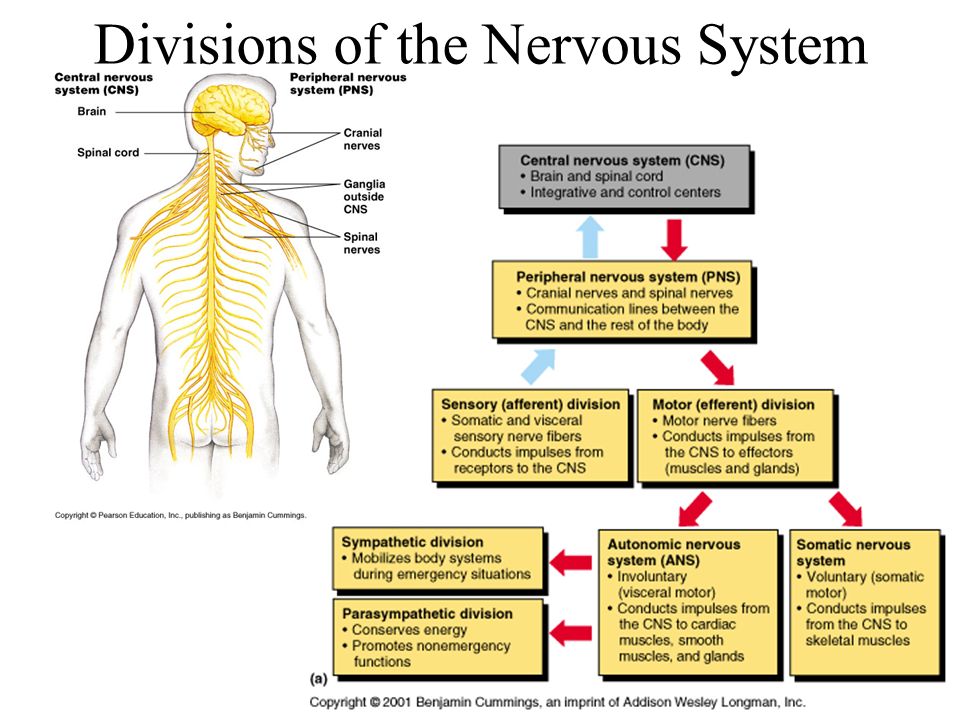 As a rule, a nervous breakdown is a reaction to any events or external stimuli - stress, divorce, prolonged emotional stress. Despite the fact that there is no such disease as a nervous breakdown in the classification of mental disorders, the symptoms have been studied and described in great detail:
As a rule, a nervous breakdown is a reaction to any events or external stimuli - stress, divorce, prolonged emotional stress. Despite the fact that there is no such disease as a nervous breakdown in the classification of mental disorders, the symptoms have been studied and described in great detail:
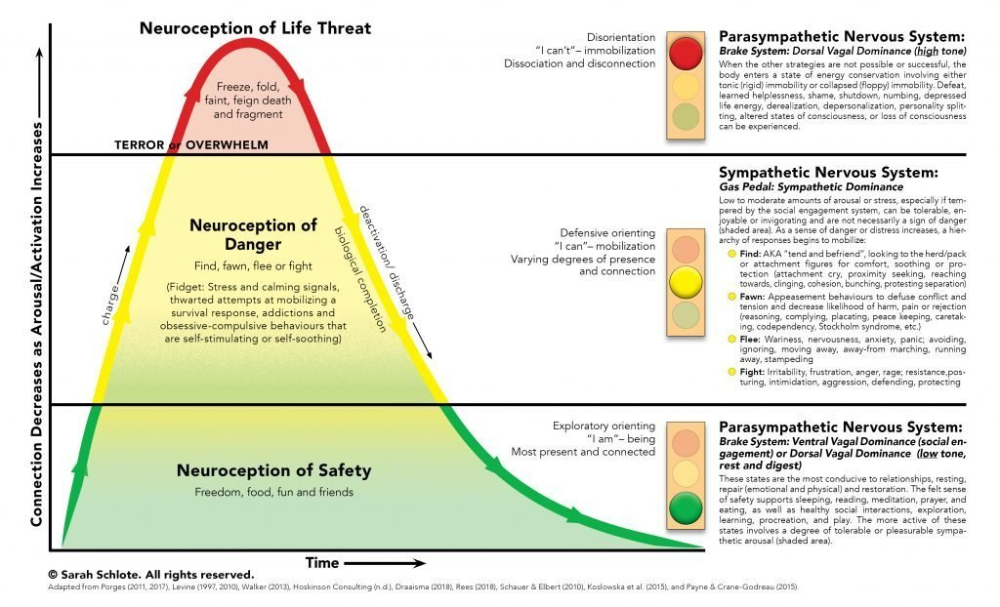
Nervous disorders are varied, but most often people experience one of the following:
This is the name for long-term depression of the nervous system - usually caused by prolonged stress. It is expressed by irritability, low mood and decreased performance. With neurasthenia, people often complain of headaches, weakness, insomnia, inability to concentrate. Excited state is combined with lethargy and fatigue.
In this type of nervous disorder, a person is constantly focused on some disturbing thoughts and ideas. This state differs from delirium in that these ideas are, in essence, quite real. In other words, a person suffering from delusions is afraid of being abducted by aliens, and with an anxiety disorder, he cannot get rid of the fear of losing his job, betrayal, or illness.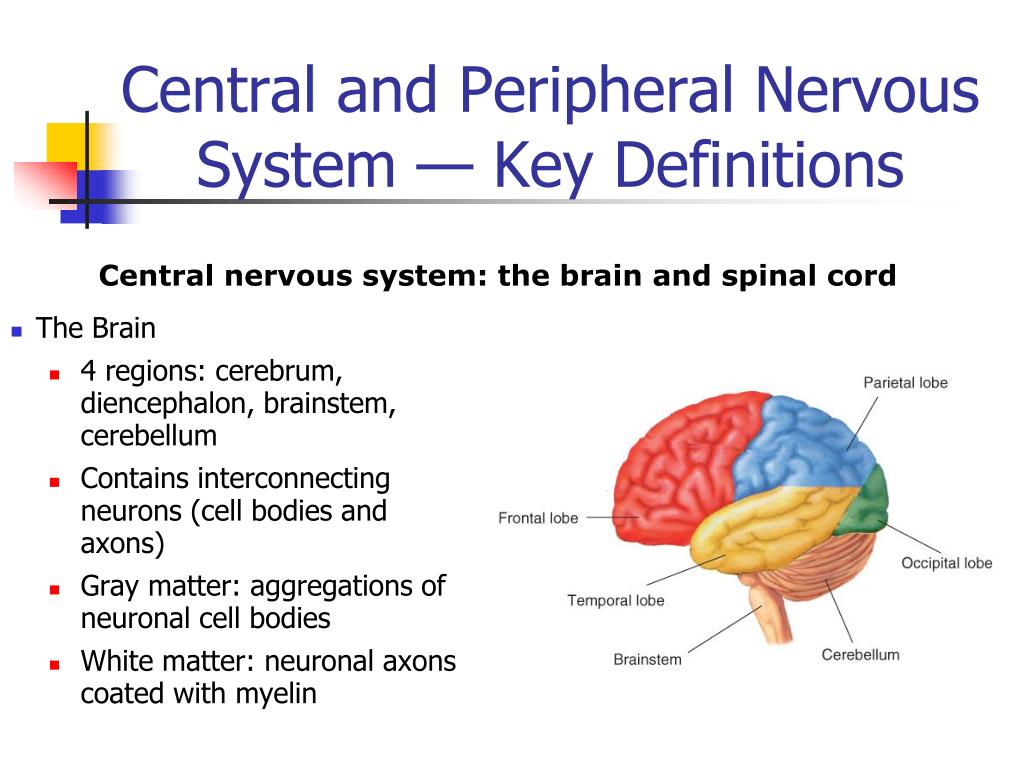 Various phobias also belong to this type of nervous disorders. It should be noted that a person can understand that his fears are most likely groundless, but he cannot stop thinking about them.
Various phobias also belong to this type of nervous disorders. It should be noted that a person can understand that his fears are most likely groundless, but he cannot stop thinking about them.
This type of disorder is characterized by sudden and unexplained panic attacks - attacks of uncontrollable fear. During a panic attack, a person experiences inexplicable horror, he begins to suffocate, sweating, dizziness, fear of death, tremors occur. Attacks last from a few minutes to half an hour, and in severe cases occur daily. In mild panic disorder, attacks may occur only a few times a year, but the person is constantly waiting for a new attack and feels nervous.
Despite the fact that most people consider deep sadness the main symptom of depression, this disorder often manifests differently. A depressive disorder is not so much sadness as apathy, a loss of interest in everything that previously seemed important and interesting.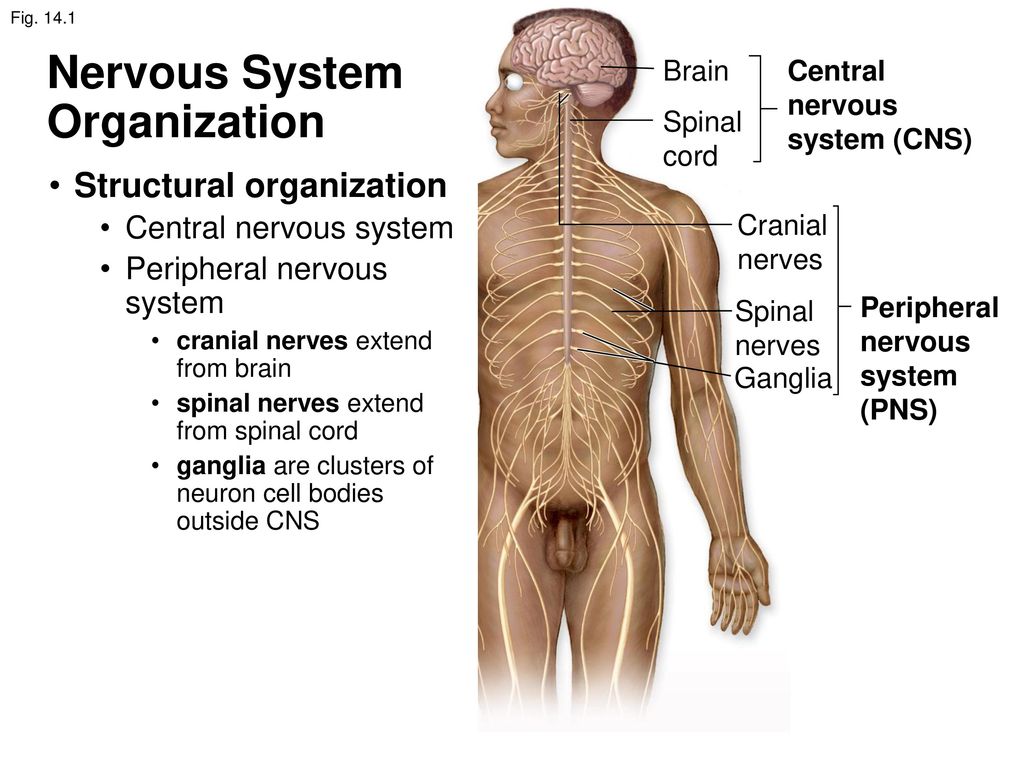 To a person in this state, everything seems meaningless, he sees the future exclusively in black colors, he is prone to self-abasement. Depression is often accompanied by drowsiness or severe insomnia, loss of appetite, sudden weight gain or loss.
To a person in this state, everything seems meaningless, he sees the future exclusively in black colors, he is prone to self-abasement. Depression is often accompanied by drowsiness or severe insomnia, loss of appetite, sudden weight gain or loss.
Not being a nervous disorder in the truest sense of the word, VSD is nevertheless associated with such disorders. The autonomic nervous system controls the entire body. It is she who regulates pressure and heart rate, prepares muscles for tension, etc. In case of violations in her work, these mechanisms do not work adequately to the situation - for example, there is no danger, but the body reacts as if it were.
Scientists have been looking for a clue to the origin of neurotic disorders for many years. The causes of the pathological condition put forward by physicians are very different.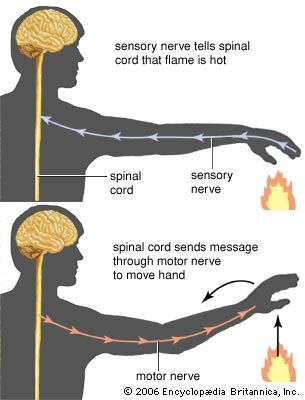 However, most researchers tend to believe that the disease is transmitted at the gene level. That is, in a patient in the family, someone suffered from a similar disease. However, there are other reasons that provoke neuroses and related disorders:
However, most researchers tend to believe that the disease is transmitted at the gene level. That is, in a patient in the family, someone suffered from a similar disease. However, there are other reasons that provoke neuroses and related disorders:
From the point of view of psychiatry, a nervous breakdown is a borderline state when an individual is not yet sick, but one cannot call him completely healthy either. A sudden outburst of anger or sadness does not yet indicate a nervous breakdown and the need to take special herbs for nervous conditions. We can distinguish the main seven signs of the described disorder. If you find one or two signs in yourself or in relatives, it is recommended to immediately contact a specialist. The main signs of a nervous breakdown:
If you find one or two signs in yourself or in relatives, it is recommended to immediately contact a specialist. The main signs of a nervous breakdown:
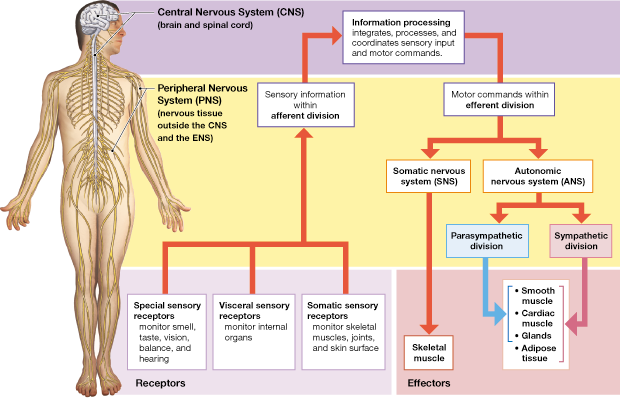
Also typical signs of an approaching nervous breakdown are insomnia, a sudden loss or vice versa an increase in body weight, depression, fatigue, fatigue, irritability, suspiciousness, anxiety, resentment, hostility towards others, apathy, pessimism, absent-mindedness, headaches , digestive disorders, obsession with a situation or a person.
How to treat symptoms of panic disorder of the nervous system, will be discussed below. But you need to know more ways to quickly deal with panic attacks.

Switch your mind to other tasks, you can draw or color, solve a crossword puzzle, play Tetris. If there is an animal at home, you can start talking to him when a panic attack approaches. Contact with animals generally helps to cope with such attacks.
Many non-pharmacological methods are well known, but for some reason they are forgotten, and in fact in the early stages they allow you to cope with the situation without pills. These include:

And, no matter how trite it may sound, the symptoms of an autonomic nervous system disorder in adults, as well as the signs of CNS disorders, disappear with lifestyle changes. It is clear that alcohol and nicotine must be abandoned.
When diagnosed with a nervous breakdown, treatment is usually carried out as an outpatient course. The prognosis for a cure is very favorable, with training in mental hygiene skills and obtaining psychological tools to deal with external stimuli, relapses of the disease can be avoided. Patients with a nervous breakdown perceive the treatment very well, they are capable of insights and recover quickly. In Israel, at the IsraClinic, doctors have vast experience in the treatment of nervous disorders. To stabilize the condition, specialists use pharmacotherapy in combination with psychotherapy. Medications help reduce anxiety, smooth out emotional lability, and remove aggression. After the relief of acute symptoms, the psychotherapist conducts an intensive course of dynamic, holistic or cognitive-behavioral psychotherapy, thanks to which the patient changes his attitude to external stimuli, learns to respond less to stress, live through negative moments and prevent the development of a nervous breakdown in the future. Prevention of nervous disorders for patients treated at IsraClinic consists not only in teaching mental hygiene skills, but also in the constant communication of the patient with a psychotherapist, undergoing a course of supportive psychotherapy at the place of residence or at the IsraClinic after some time.
Patients with a nervous breakdown perceive the treatment very well, they are capable of insights and recover quickly. In Israel, at the IsraClinic, doctors have vast experience in the treatment of nervous disorders. To stabilize the condition, specialists use pharmacotherapy in combination with psychotherapy. Medications help reduce anxiety, smooth out emotional lability, and remove aggression. After the relief of acute symptoms, the psychotherapist conducts an intensive course of dynamic, holistic or cognitive-behavioral psychotherapy, thanks to which the patient changes his attitude to external stimuli, learns to respond less to stress, live through negative moments and prevent the development of a nervous breakdown in the future. Prevention of nervous disorders for patients treated at IsraClinic consists not only in teaching mental hygiene skills, but also in the constant communication of the patient with a psychotherapist, undergoing a course of supportive psychotherapy at the place of residence or at the IsraClinic after some time.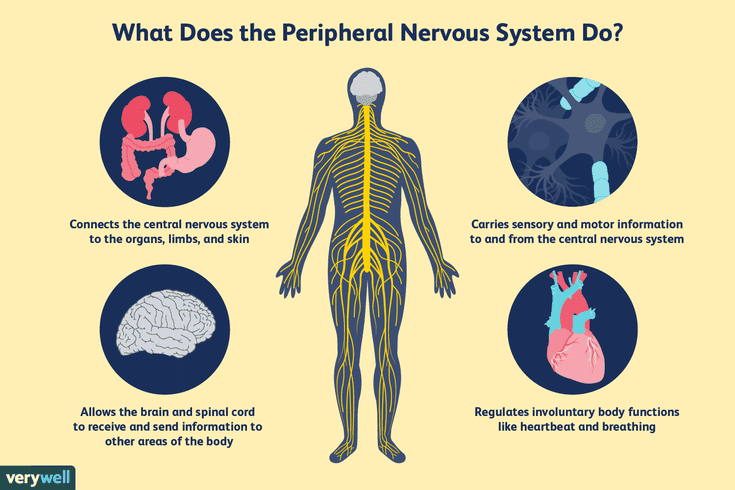 Prevention of nervous disorders for those who are on the verge of a breakdown consists in conducting psychotherapy in order to prevent nervous breakdown, teaching relaxation skills, rest, and preventive conversations. The term of treatment of nervous disorders may vary, but, as the practice of IsraClinic doctors shows, it is possible to achieve stabilization of the condition and bring the patient into remission within 1-1.5 months of an outpatient course of treatment. In the process of therapy, auxiliary methods can also be used, such as art therapy, sports therapy, hippotherapy, yoga therapy. These techniques are necessary for the development of certain skills and the development of anxiety and depressive symptoms. In some cases, the period of treatment of nervous disorders can be reduced to 2-3 weeks, as a rule, this happens when the patient is very limited in time. In such situations, IsraClinic doctors continue supportive therapy via Skype or via e-mail to monitor the patient's condition and promptly respond to any changes.
Prevention of nervous disorders for those who are on the verge of a breakdown consists in conducting psychotherapy in order to prevent nervous breakdown, teaching relaxation skills, rest, and preventive conversations. The term of treatment of nervous disorders may vary, but, as the practice of IsraClinic doctors shows, it is possible to achieve stabilization of the condition and bring the patient into remission within 1-1.5 months of an outpatient course of treatment. In the process of therapy, auxiliary methods can also be used, such as art therapy, sports therapy, hippotherapy, yoga therapy. These techniques are necessary for the development of certain skills and the development of anxiety and depressive symptoms. In some cases, the period of treatment of nervous disorders can be reduced to 2-3 weeks, as a rule, this happens when the patient is very limited in time. In such situations, IsraClinic doctors continue supportive therapy via Skype or via e-mail to monitor the patient's condition and promptly respond to any changes.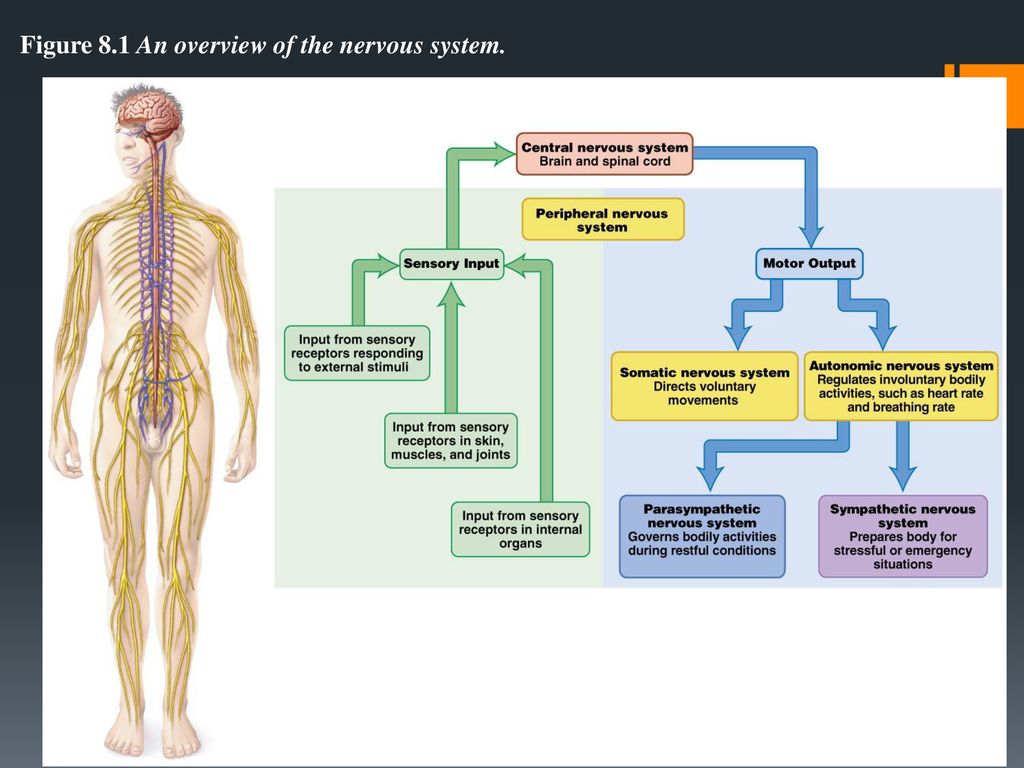 Therapy of nervous disorders should take place under the supervision of an experienced psychiatrist and psychotherapist.
Therapy of nervous disorders should take place under the supervision of an experienced psychiatrist and psychotherapist.
"It's the end of the world!" - we often think, experiencing a flurry of negative emotions or receiving a thrashing from superiors. It seems that this is the limit, and there is no more strength to endure. Feelings take over the mind, and everything gets out of control ... What is it?
There is no specific diagnosis for this condition, but psychologists call it a nervous breakdown. It is considered neither a pathology nor a mental disorder and characterizes only the temporary state of a person. Like being tired or wanting to sleep. Meanwhile, a nervous breakdown should not be taken lightly, believing that everything will go away on its own. We are talking about a situation where a person loses control over himself, cannot function normally, and experiences severe stress.
The causes of a nervous breakdown can be very different - financial problems, quarrels and misunderstandings in the family, conflicts at work, personal grief and ordinary mental exhaustion.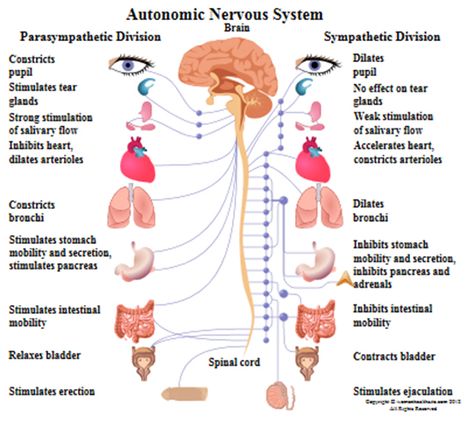 For different people, a nervous breakdown begins due to different reasons and goes differently.
For different people, a nervous breakdown begins due to different reasons and goes differently.
Understanding that you have suffered a nervous breakdown is not so easy. It seems that everything is under control, everything is fine, just a nervous situation, but in reality everything is much more serious.
Feeling weak in the body is not just physical exhaustion, it is one of the signs that your body cannot cope with stress. Previously, the same scope of work was given faster and easier, now - with much more difficulty, more resources are required, more effort. What just yesterday brought pleasure and joy no longer evokes bright feelings: this applies to many things - your favorite food, hobbies, and even sex. Stress directly affects libido.
Anxiety is a standard reaction of the body to stressful situations. With a long, continuous stay in this state, we lose our inner balance, which can be manifested by a panic attack, uncontrollable crying, loss of self-confidence, the appearance of guilt and our own insolvency.
Breathing is another sign of anxiety. There is a feeling of constriction in the chest, as if there is not enough air. Breathing quickens, but at the same time becomes shallow, which aggravates the situation even more.
Here we are talking about psychosomatic winding up, when everything is in order with the body, but pain suddenly appears - for example, a headache or pain in the stomach. Very often, experiences and nervous situations lead to indigestion, gastritis and ulcers.
Violation of the usual schedule of sleep and wakefulness is another consequence of stress. Many people just get away from problems, sleep more. Others, on the contrary, suffer from insomnia, can not fall asleep, spin in bed, unable to stop thinking about the problem.
There are many factors that are indicative of a nervous breakdown, not just those listed above. Disturbance or increase in appetite, “fog in the head”, problems with thinking, forgetfulness, sudden mood swings, irritability, tremors, twitching of the eyelids, trembling of the lips…
The main thing is to calm down.